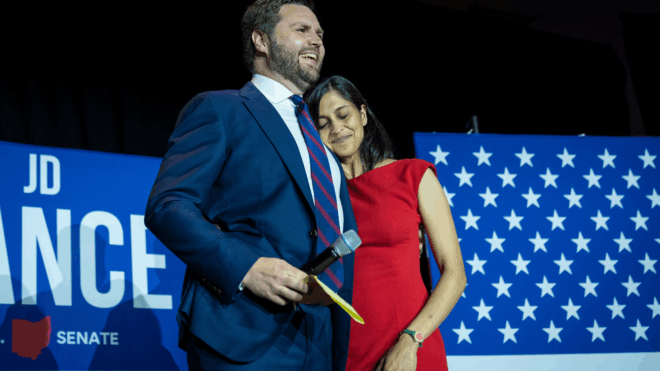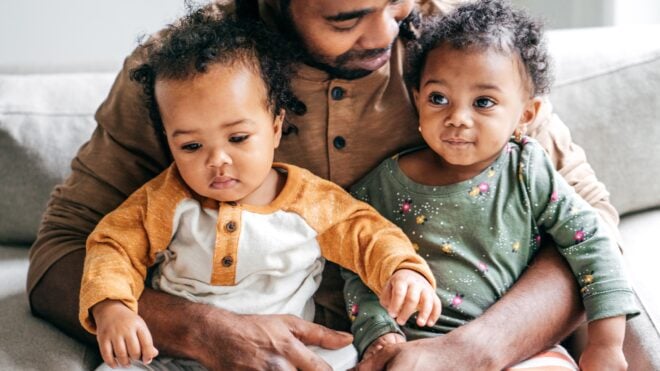
My husband didn't buy me a birthday card for my 30th birthday. I cried. On my birthday. At an all-inclusive resort where we were celebrating the beginning of our 30s. (I know I'm an ungrateful ass sometimes but hear me out).
"I'm on an island," he huffed. "Where am I supposed to buy a card?"
"You pack one!" I sobbed. For me, not thinking ahead to buy a card meant he didn’t care. For him, a card is a piece of overpriced paper. We were paying thousands for a trip to celebrate our 30th birthdays together, why would a card matter?
The next year, he didn't buy me a birthday card. He was making a point. Instead of sobbing, I took the time to explain why the card mattered to me. I grew up in a family that shows love with gifts, so I’m disappointed when he doesn't make an effort to find thoughtful presents (or just a card) for holidays and birthdays.
The price doesn’t matter. Anyone can drop a ton of cash at a jewelry store for a squeal-worthy present. Finding a gift that reflects how well you know the person requires thoughtfulness. It shows you care enough to invest your most valuable resource: Time. It’s why we all love the adorable gifts our kids cobble together with finger paint and glue. It takes real effort to make a macaroni necklace.
“I hope you don’t need a card to know I love you,” he said.
“No,” I said. “But it means a lot to me.”
He’s given me a birthday card ever since.
The idea we might perceive love in different ways blew my mind.
Recently, I came across the concept of love languages (the different ways individuals give and perceive love). Some people show love with gifts, others with acts of service, physical touch, words or spending quality time together. Despite the card fiasco, my husband and I have a healthy relationship.
The idea we might perceive love in different ways blew my mind. Because we're complete opposites, our relationship has always required open communication. Still, after two kids and nearly two decades, we both need a boost to feel cherished at times.
Turns out, how we show our affection is at odds with how we'd like to receive it. We realized this after a few fights, but a solid understanding of love languages would have sped the process along.
My husband is a minimalist. Receiving "the perfect present" gives him zero warm fuzzies. He does, however, enjoy spending time together. (Yes, he's a better person than me; that’s not up for debate.)
For him, our entire trip without our kids was a gigantic expression of love. It’s also the reason he gets annoyed when I disappear into my Kindle every evening instead of watching crap TV together and laughing about it. I now watch "Jersey Shore Family Vacation" every Thursday. Our love is that strong.
We have two dominant “love languages” in common and “speak them” as often as possible. What can I say, he still does it for me and, apparently, I still do it for him, so physical affection is a big part of our relationship. But with two small children, acts of service have become a meaningful way we show affection for one another. Just the other night, he cleaned the mountain of dishes I left behind to attend a meeting for my daughter. When I saw the clean kitchen, I almost cried. In a good way.
I would encourage anyone to ask your significant other how they feel love and how they show it. The answers might surprise you and improve your relationship.




